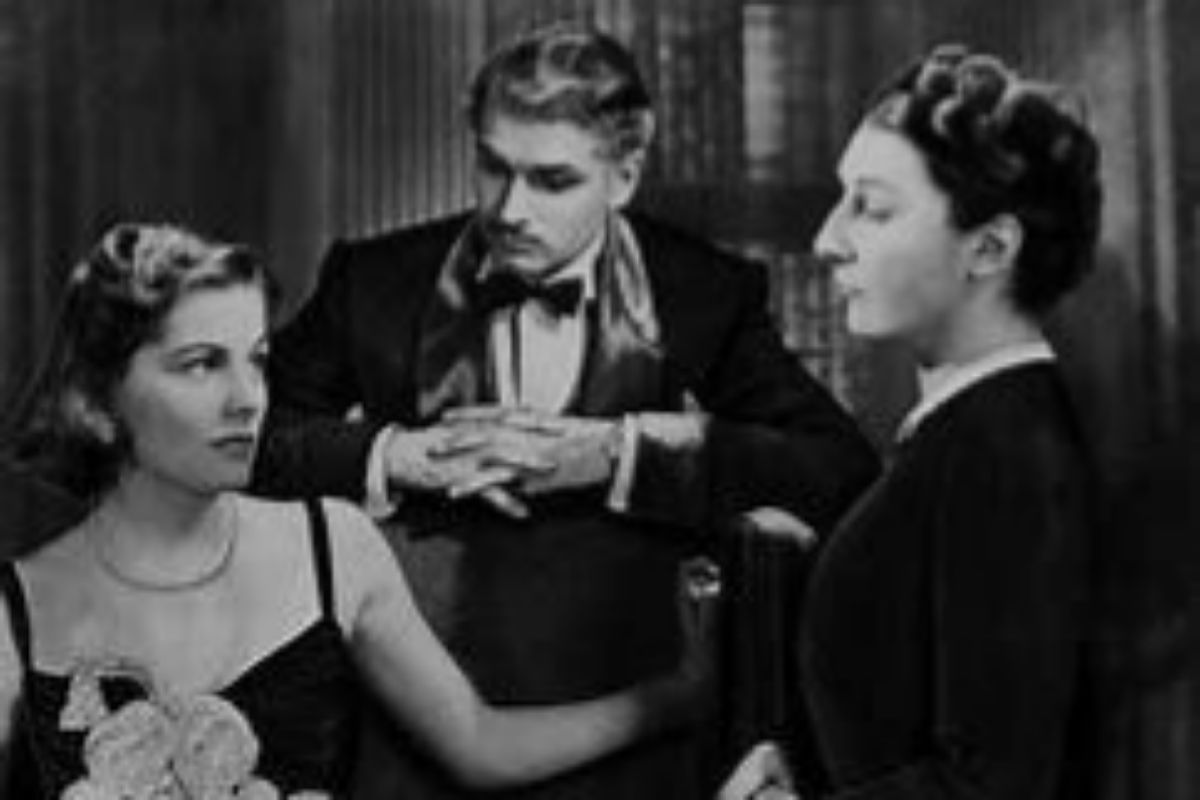Movies
Cult English director Ben Wheatley revisits Daphne du Maurier's novel that brought Hitchcock to the cinema and is losing in all comparisons
In the year 1940, and become the director's most important film in Britain thanks to films like The
39 Steps
,
The Lady
Vanishes
and
Jamaica Inn
,
Alfred Hitchcock was claimed by Hollywood
, how could it be otherwise, because it was the univocal destiny of all the great filmmakers of the Old Continent.
The man in charge of taking him across the Atlantic was none other than producer David O. Selznick, who had become one of the most powerful men in the film industry thanks to the unprecedented success of
Gone with the Wind
.
Joan Fontaine, Laurence Olivier and Judith Anderson in the 1940 Alfred Hitchcok version.
His first project was the adaptation of a novel between black, romantic and gothic by the British writer Daphne du Maurier
,
Rebecca
, starring two great stars of the time such as Laurence Olivier and Joan Fontaine and which told the story of a low-class young woman that she fell madly in love with an aristocrat, married him and when she moved to his mansion she found the harsh reality of a housekeeper who made her life impossible and the ghostly presence of her husband's first wife, precisely Rebecca of the title.
The film garnered monumental success, both with the public and critics, won the Oscar for Best Picture and almost immediately went on to become
one of the great classics in the history of cinema
.
Until today.
Well, in this increasingly black 2020, as if we did not have enough with everything we have on top of us, it has occurred to some enlightened person that it was time to make
a new adaptation of Du Maurier's novel
that, produced by Netflix ,
has been released simultaneously on the digital platform and in selected cinemas
(which is nothing but a nice euphemism to define theaters that accept the draconian screening conditions imposed by Netflix).
Armie Hammer and Lily James.
And it is not just any project, but a frankly ambitious one, directed by Ben Wheatley, a cult British filmmaker thanks to titles such as
Tourists
or
High-Rise
, and starring two fashionable actors, Armie Hammer (
Call Me by Your Name
) and Lily James (
Mamma mia! Over and over again
), accompanied by one of the great ladies of European cinema, Kristin Scott-Thomas.
The result would not be entirely regrettable if the previous film did not exist, but it raises the following questions, why?
for what?
Obviously, comparisons are always obnoxious, but
both Hammer and James fare very badly in the confrontation with Olivier and Fontaine and only Scott-Thomas put up with the guy at the memory of Judith Anderson as Mephistophelic Mrs. Danvers
.
The unhealthy and disturbing atmosphere, but very real and close, that Hitchcock achieved here becomes a kind of abstract nightmare closer to horror movies that are in style lately than to the suspense and intrigue that history requires, for the sake of a setting. in a far-fetched and baroque scene, full of dramatic dream scenes that contribute little.
Without committing a spoiler, because by now everyone knows what the film is about, it is true that this adaptation is somewhat more faithful to the literary original, because
if in the first Rebeca's death was considered as an accident, here it is very clear that she was murdered by her husband
.
Which is the perfect excuse for Wheatley to put a radical twist on James' Mrs. Winter's character (who remains unnamed) and turn her into an empowered and feisty woman, capable of anything to get her way. to impose their convictions, far from that other Mrs. De Winter de Fontaine, somewhat naive, who did everything for love.
And that, to top it all, does not wear cardigans ...
That, not to mention how stale it is, in the middle of 2020, to pose a film about not granted divorces, marital infidelities, illegitimate pregnancies, Victorian mansions with housekeepers, company ladies of old spinsters, women who dare to drive cars ...
All very rugged and controversial issues at the end of the 30s
when the novel was published and the first film was shot,
but as of today they appear at least ridiculous
.
"Last night I dreamed I was going back to Manderlay ...".
Was it really necessary to return?
According to the criteria of
Know more
Comments
This news has no comments yet
Be the first in give your opinion
0 comments

